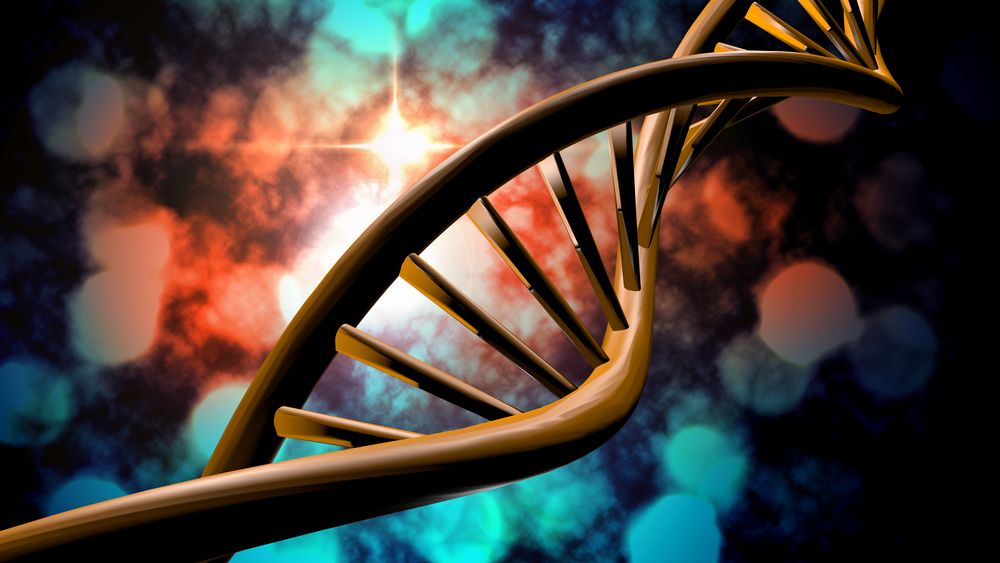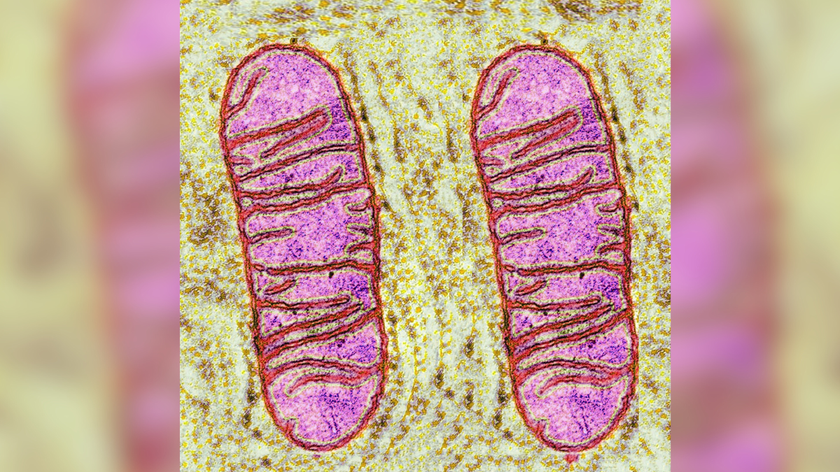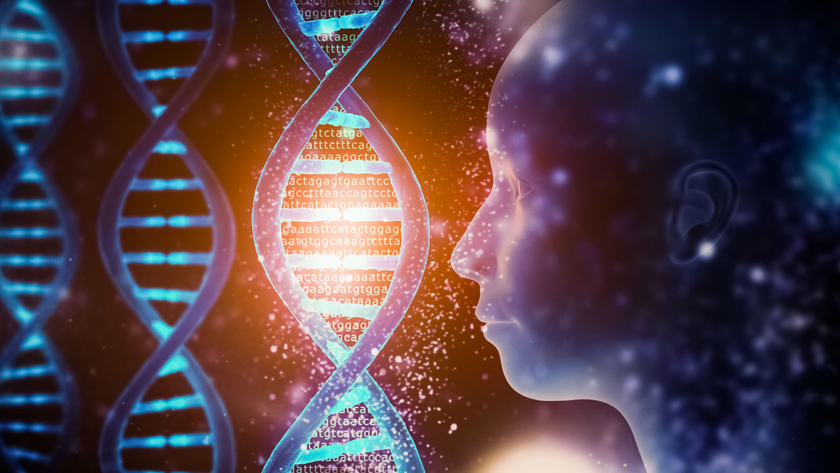Your Genes May Influence When You Lose Your Virginity

Genetics may have a say in when people lose their virginity. A new study of more than 125,000 people in the United Kingdom has identified gene differences that influence the age of puberty, as well as the age at which people first have sexual intercourse and have their first child.
The age at which people have their first sexual intercourse is largely influenced by social factors, for example, peer pressure and family culture, the researchers noted. But the new findings also suggest that genetics also play a role.
"Clearly some of the things that impact the age of first sex are social," study co-author Felix Day, a genetics researcher at the University of Cambridge in the U.K., told Live Science. "By using genetics, we hope to uncover additional biological factors that contribute." [10 Surprising Sex Statistics]
The researchers identified 38 genes, which can be broadly separated into two groups. Some of the genes influence a person's physical maturity, whereas others appear to contribute to personality type, the team reported today (April 18) in the journal Nature.
"The first group includes genes that act on known reproductive pathways and are involved in the timing of puberty," Day said. These genes influence when people's bodies are biologically ready for sex, which in turn affects the age of first sexual intercourse.
The second group of genes, which are linked to people's personality traits, appear to influence people's tendency to take risks, which is linked to having sex earlier, or their level of irritability, which in the study appeared to be linked with having sex later.
The reason the age of first sexual intercourse is of interest to scientists is that it is linked with negative outcomes in educational achievements and mental health later in life. Similarly, puberty at an earlier age is linked to increased risk for diseases such as diabetes, heart disease and some cancers, the researchers said.
Sign up for the Live Science daily newsletter now
Get the world’s most fascinating discoveries delivered straight to your inbox.
By exploring the genetic influences underlying these traits the researchers hope to better understand the relationship between these health outcomes, Day said.
"Like with many other situations, it's nature and nurture. There's likely to be some influence of both, and also some interplay between the two of them," Day said. [10 Facts Every Parent Should Know About Their Teen's Brain]
One interesting finding of the study was that over recent generations, the average age at which people first have sex has decreased, Day said. "That's not going to be due to genetics, so societal factors are clearly playing an important role," he said.
The analysis was done using genetic data from 125,000 men and women between ages 40 and 69, who participated in UK Biobank, a national study for health research. The researchers also looked at two other independent datasets, including about 240,000 people in Iceland and 20,000 participants in the United States. While information about the age of first intercourse wasn't available in these two datasets, the researchers observed the same relationships between the identified genes and the age at which people first had a child.
Follow Live Science @livescience, Facebook & Google+. Originally published on Live Science.












